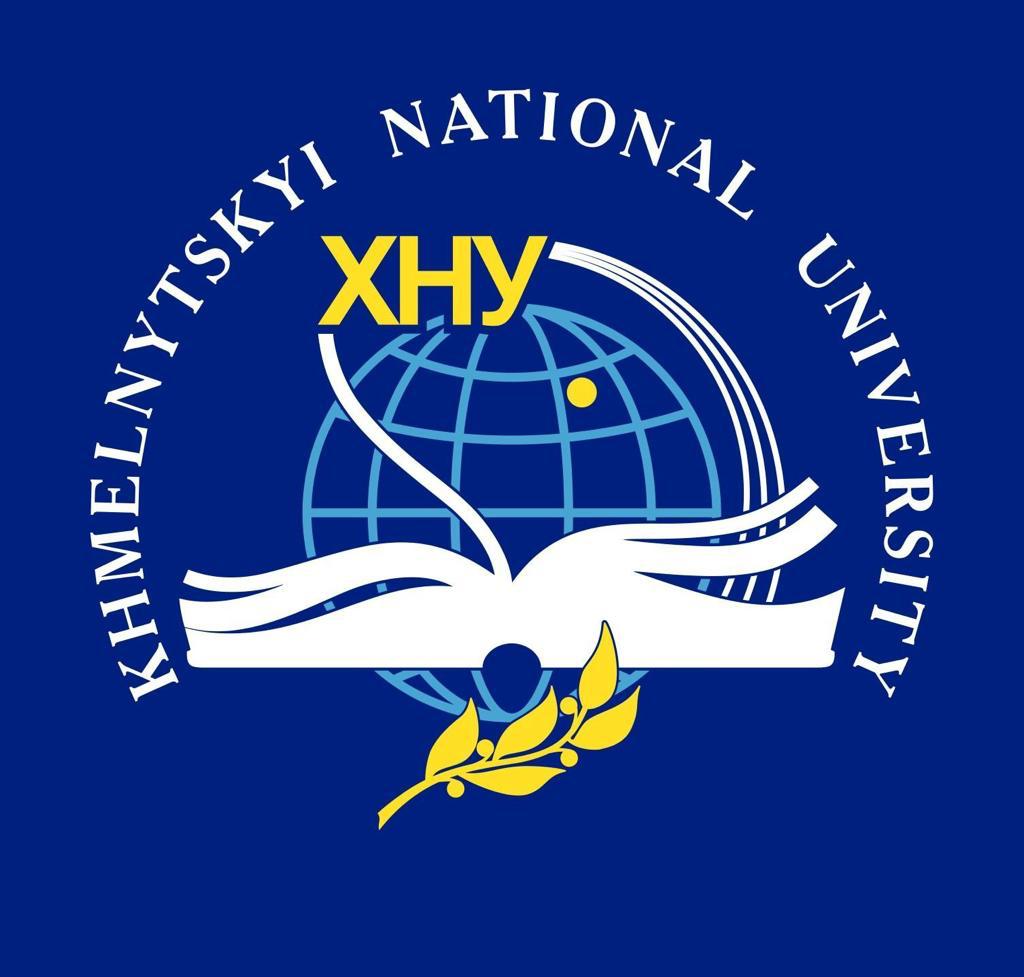OPTIMIZATION OF THE EDUCATIONAL AND TRAINING PROCESS OF YOUNG ATHLETES 9-12 YEARS OLD WHO PLAY SPORTS GAMES
DOI:
https://doi.org/10.31891/pcs.2025.1(1).61Keywords:
sports games, young athletes, initial training stageAbstract
The initial stage of training a sports reserve is a multifaceted process that encompasses social, economic, organizational, biomedical, psychological, and pedagogical aspects. At this stage, the foundation for athletes' physical and psychological resilience is established, which is crucial for their future athletic development. Effective training at the initial stage requires a comprehensive approach that includes not only the development of physical qualities and technical skills but also the formation of psychological balance, motivation, and teamwork abilities. A key focus should be on stimulating the development of the nervous system and improving coordination through the use of various training methods, including game-based exercises, diverse training tools, and sensorimotor coordination activities.
An important consideration is the avoidance of overtraining and monotony in the training process, as these can lead to physical and emotional fatigue, decreased motivation, and an increased risk of injury. Rather than early specialization, the emphasis should be placed on developing technical versatility and a broad motor base, which enhances adaptability to different competitive conditions and improves athletes' tactical awareness. In this context, the use of sensorimotor coordination exercises, non-standard game situations, and unstructured play can foster creativity and decision-making skills in unpredictable environments.
Beyond physical and technical development, significant attention should be given to athletes’ psychological well-being. A supportive training environment created by coaches and parents fosters intrinsic motivation and enjoyment of sports, which are key factors in sustaining long-term engagement in athletic activities. Developing trust between the coach and the athlete is essential, as it helps build self-confidence and enhances psychological stability.
Future research should focus on improving the differentiated approach in the training process, taking into account the individual characteristics of young athletes, their physiological and psychological maturity, and their sporting specialization. Another important research direction is the analysis of the effectiveness of various training methods to optimize the development of motor skills and physical abilities. The implementation of modern methods for monitoring physical condition, the use of biomechanical analysis, and the individualization of training programs can form the basis for increasing the effectiveness of sports reserve preparation at the initial stage.
References
Batez, M., Petrušič, T., Bogataj, Š., & Trajković, N. (2021). Effects of a teaching program based on the Teaching Games for Understanding model on volleyball skills and enjoyment in secondary school students. Sustainability, 13(1), 606.
Boichuk, R., Iermakov, S., Nosko, M., Nosko, Y., Vaskan, I., Korop, M., Kurtova, H., & Grashchenkova, Z. (2023). Use of exercises with increased coordination complexity in the training process of young female volleyball players aged 13-14 years. Pedagogy of Physical Culture and Sports, 27(4), 340–352.
Bompa, T. O., & Sarandan, S. (2022). Training and Conditioning Young Athletes. Human Kinetics.
Galamandjuk, L., Prozar, M., Stasjuk, I., Bakhmat, N., Iedynak, G., Kljus, O., et al. (2017). Physiological characteristics and physical fitness of girls at the beginning of classes at the volleyball sports school. Journal of Physical Education and Sport, 17(4), 2467–2471.
Issurin, V. (2017). Athletic Talent: Identification and Development. Ultimate Athlete Concepts.
Jerzy, S., Paweł, W., Janusz, Z., Tomasz, N., & Mariusz, B. (2015). Structure of coordination motor abilities in male basketball players at different levels of competition. Polish Journal of Sport and Tourism, 21(4), 234–239. https://doi.org/10.1515/pjst-2015-0004
Khoroshukha, M. (2014). Osnovy zdorovia yunykh sportsmeniv [Fundamentals of young athletes’ health]. Kyiv: NUBiP Ukrainy.
Koopmann, T., Faber, I., Baker, J., & Schorer, J. (2020). Assessing technical skills in talented youth athletes: A systematic review. Sports Medicine, 50(9), 1593–1611. https://doi.org/10.1007/s40279-020-01299-4
Koriagin, V. (2014). Periodization of long-term training of young game athletes. Molodizhnyi Naukovyi Visnyk Skhidnoievropeiskoho Natsionalnoho Universytetu imeni Lesi Ukrainky, (15), 124–129.
Ljach, W., & Witkowski, Z. (2010). Development and training of coordination skills in 11- to 19-year-old soccer players. Human Physiology, 36, 64–71. https://doi.org/10.1134/S0362119710010081
Mańkowska, M., Poliszczuk, T., Poliszczuk, D., & Johne, M. (2015). Visual perception and its effect on reaction time and time-movement anticipation in elite female basketball players. Polish Journal of Sport and Tourism, 22(1), 3–8. https://doi.org/10.1515/pjst-2015-0008
Nikolaienko, V. V. (2014). Management of young football players' training based on individual characteristics of children's physical development. Slobozhanskyi Naukovyi-Sportyvnyi Visnyk, 2(40), 104–110.
Pereira, A., Costa, M., Santos, P., Figueiredo, T., & Vicente, J. P. (2015). Training strategy of explosive strength in young female volleyball players. Medicina, 51(2), 126–131.
Pityn, M., et al. (2017). Sport specialists' attitude to the structure and contents of theoretical preparation in sport. Journal of Physical Education and Sport, 17, 988–994.
Platonov, V. M. (2020). Suchasna systema sportyvnoho trenuvannia [Modern system of sports training]. Kyiv: Persha drukarnia.
Sgrò, F., Coppola, R., Tortella, P., & Lipoma, M. (2020). Tactical Games Model as a curriculum approach at elementary school: Effects on in-game volleyball technical improvements. Journal of Human Sport & Exercise, 15, 1178–1186.
Šimonek, J. (2014). Coordination Abilities in Volleyball. De Gruyter Open Poland.
Starosta, W. (2006). The concept of modern training in sport. Studies in Physical Culture & Tourism, 13(2).
Trajković, N., Pajek, M., Sporiš, G., Petrinović, L., & Bogataj, Š. (2020). Reducing aggression and improving physical fitness in adolescents through an after-school volleyball program. Frontiers in Psychology, 11, 2081.
Volkov, L. (2005). Vikova periodyzatsiia trenuvalnykh navantazhen u bahatorichnii pidhotovtsi yunykh sportsmeniv. Teoriia i metodyka fizychnoho vykhovannia i sportu, 4, 7–11.
Downloads
Published
How to Cite
Issue
Section
License
Copyright (c) 2025 Роман БОЙЧУК , Іван ВАСКАН , Тетяна РОТАР

This work is licensed under a Creative Commons Attribution 4.0 International License.





